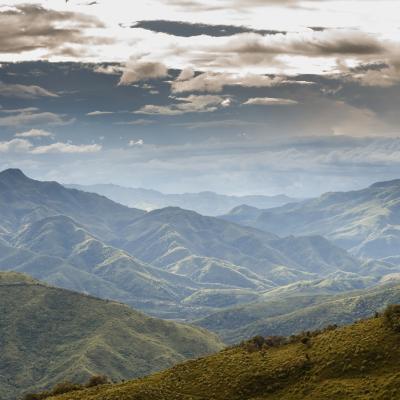Call for Proposals
The South Asian Studies Council at Yale University is seeking applicants from scholars interested in participating in a workshop on “Traveling Expertise” on May 8-9, 2025 in New Haven. This small and informal workshop will provide an opportunity to share ideas and challenges in research the flow of experts and expertise from, to, and through modern South Asia.
Participants will be asked to prepare a reflection of their own work in light of the themes of the workshop, and to circulate a piece of writing (published or unpublished) that exemplifies their work on traveling expertise. There is no expectation of preparing an article for a collective project though we may discuss possible future efforts at the conclusion of our workshop.
The South Asian Council will cover travel (normally within North America) and lodging expenses for all participants. Scholars may be at any level, with the caveat that graduate students must have advanced to candidacy.
To apply, please click the link below; the application requests a 1-2 page CV and brief description (500-700 words) relating your research to the program themes outlined in the project description below. Applications should be submitted by January 6, 2025.
About the Workshop
South Asia was an important node in global circuits of scientific, social scientific, and humanistic expertise throughout the twentieth century. While the routes between the region and its colonizers – Britain first and foremost – have been well-explored, the imperial relationship hardly contained the full range of itineraries of traveling experts from, to, and through South Asia. We propose a workshop to bring together scholars from around the world to explore these connections.
In the view of this emerging scholarship, South Asian individuals and institutions were active participants in the production and dissemination of knowledge – knowledge about the region but also generalizable scientific, medical, professional, social-scientific, and humanistic knowledge. The region was not simply, as an earlier generation of scholars had it, an object of study, but a source of theories, of scholars, and of ideas that would profoundly affect intellectual and political histories around the world, and many of these were developed in institutions based in South Asia.
The postcolonial South Asian states invested in building institutions for higher education, which created one of the largest pools of technically qualified/skilled experts in the global South. As an important nexus of Cold War concerns, South Asian experts circulated across the three Cold War “worlds.” Moreover, these knowledge networks incorporated not just diplomatic channels, but also the flows of people and ideas.
Individual episodes of traveling expertise and activism are well-known: the efforts of attorney Mohandas Gandhi in South Africa, of course; the work of economists like Amartya Sen, Mahbub ul Haq, and Hla Myint; pathbreaking feminist Kumari Jayawardena; the leadership of atomic physicist Homi J. Bhabha in international organizations; Dhanvanthi Rama Rau’s presidency of the International Planned Parenthood Federation, Sukumar Sen in conducting elections in Sudan etc. However, these are often seen as exceptional individuals, and the larger movement of engineers, public health experts, lawyers, feminist activists, micro-credit specialists, film technicians, nurses, agricultural scientists, architects, English teachers and professors, urban planners, nurses, human rights practitioners, artists, statisticians etc remains underexplored. As scholars widen their knowledge of the roots and routes of traveling expertise, and deepen their understanding of both better-known and previously unknown connections, they have not yet been brought within a single frame. We are particularly interested in the formation of institutions in South Asia, that become both sites and producers of transnational expatriates, ranging from institutions of technology, colleges of art and design, film schools, agricultural research centers, university departments, to civil society organizations and activist movements to more non-traditional institutions like activist groups, NGOS and collectives.
This workshop is organized by Rohit De, Associate Professor of History, and David Engerman, Leitner International Interdisciplinary Professor of History and Global Affairs.
Workshop Timeline
Application Deadline
January 6, 2025 (Monday) by 4:00 PM ET
Workshop Day 1
May 8, 2025 (Thursday)
Workshop Day 2
May 9, 2025 (Friday)
